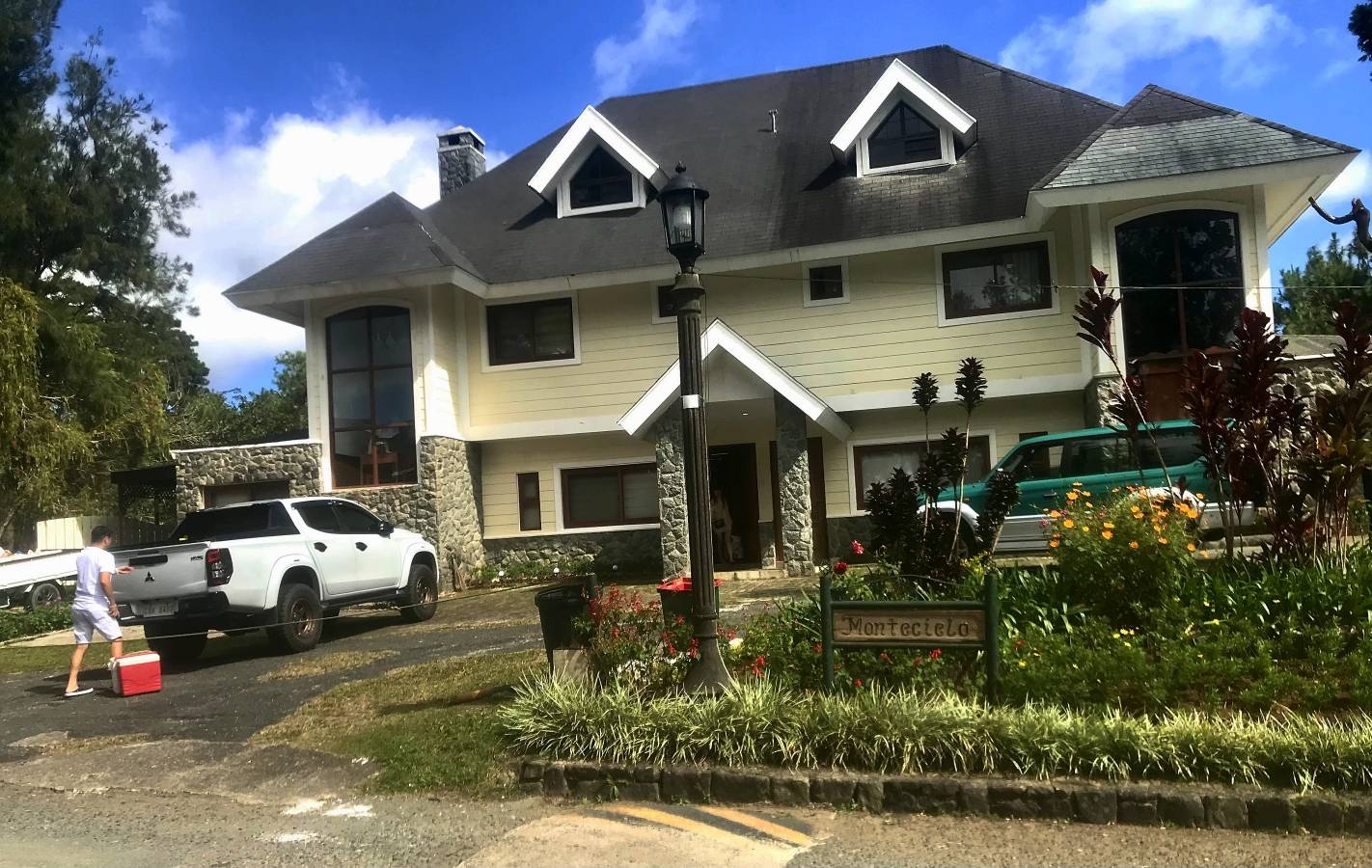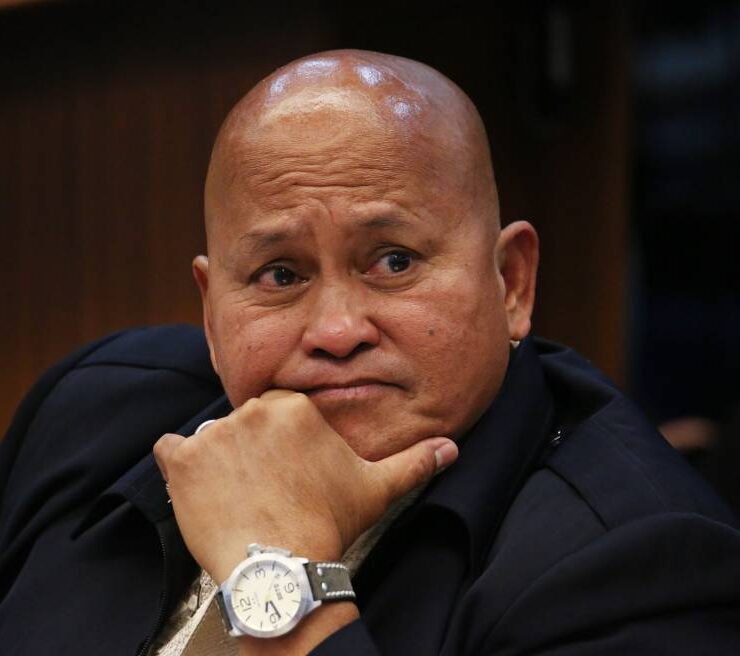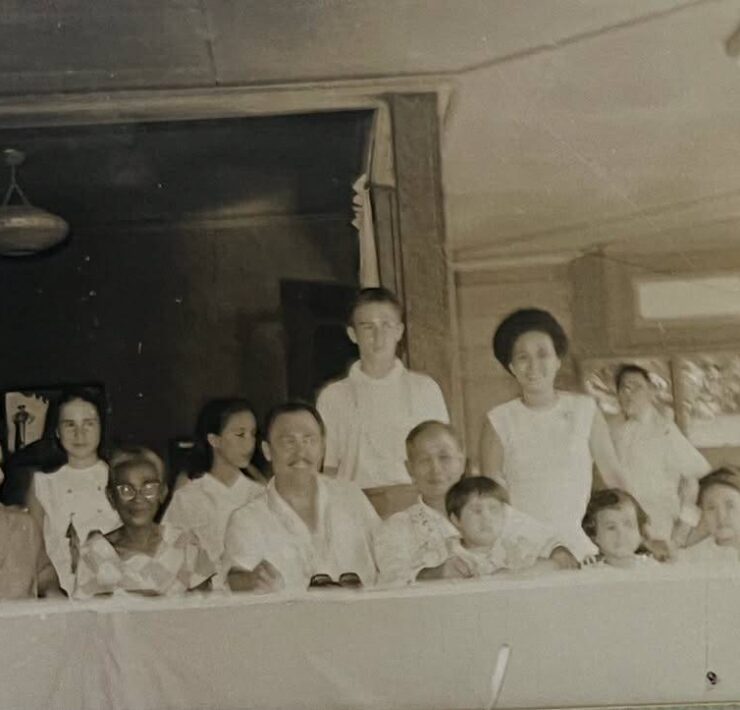Baguio gov’t steps in to help locked-out John Hay residents

BAGUIO CITY—The city government here had urged Camp John Hay administrators to engage in dialogue with homeowners who were evicted last week and locked out of their villas, cabins, and hotel rooms under time-share agreements amid the ongoing government takeover of the former American recreational base, Mayor Benjamin Magalong said on Monday.
The Bases Conversion and Development Authority (BCDA) has ordered the eviction of an undetermined number of homeowners, including expatriates, after the state agency, on Jan. 6, took control of the 247-hectare area inside the base that was developed by Camp John Hay Development Corp. (CJHDevCo).
The BCDA action followed a Supreme Court order last year upholding the 2015 arbitral ruling that voided the 1986 lease contract between CJHDevCo and BCDA, paving the way of the return the 247-ha leased property to the government and for BCDA to reimburse the developer’s P1.42 billion investment, which has been held in escrow for the past nine years.
Magalong said he had no information as to how many homeowners occupy leased John Hay houses or hotel rooms, nor was he told how many were forced out of their leased properties last week.
Sublessees
However, in a court transcript of an April 17, 2015 “preexecution” meeting of the arbiter’s decision with BCDA and CJHDevCo, Baguio Regional Trial Court (RTC) Branch 6 Judge Cecilia Corazon Dulay-Archog was informed that there were over 16,000 sublessees of CJHDevCo that would be affected by the evictions, to include homeowners.
During that meeting, lawyers of CJHDevCo said they could not disclose all the third-party contracts without the consent of the individual sublessee.
Based on that 2015 arbitral ruling, the Baguio RTC Branch 6 had issued an eviction notice to all John Hay occupants but this was not enforced since the BCDA-CJHDevCo legal battle was then still ongoing.
In its Oct. 22, 2024 ruling, the high court said it could not resolve the “third party” controversy, or the interests of those who have lease contracts with CJHDevCo, because the rules of court prohibit tampering or altering the 2015 Camp John Hay Final Award rendered by the arbiters.
But the discussion referenced the stake of a John Hay occupant who paid P7 million to reside inside the former John Hay Air Station.
No warning
On Jan. 17, Magalong had a closed-door meeting at the City Hall with some of the evicted John Hay homeowners, some of whom were Korean and Japanese businessmen, as well as expatriates, who had leased hotel rooms or villas for 50 years from CJHDevCo, a consortium now owned by businessman Robert John Sobrepeña. Their contracts, originally set to expire in 2046, are now in question.
“They were locked out of their home rooms by court sheriffs who served the notices to vacate and were unable to collect their things,” Magalong told reporters here.
He added: “I have communicated with the John Hay Management Corp. (JHMC, the BCDA subsidiary that acts as estate manager here) and asked that they discuss matters with [the evicted homeowners].”
The mayor said he would also transmit a formal letter to JHMC president and chief executive officer Marlo Ignacio Quadra this week.
BCDA has not responded to queries about the homeowners’ evictions, which lawyer Federico Mandapat Jr. confirmed on Jan. 14.
Mandapat, the counsel for Camp John Hay Leisure Inc. that used to operate the John Hay hotels, had filed a petition for injunction against the eviction of Camp John Hay Golf Club along with former Mayor Mauricio Domogan.
Outstanding obligations
On Monday, the city council issued an invitation to BCDA to discuss how it was implementing the arbitral award.
In a separate resolution, the city council also required BCDA to immediately pay P225.451 million in outstanding obligations to Baguio, representing its shares to the rent paid to the state agency by CHJDevCo that dated back to 2011 during its feud with Sobrepeña.
Because the high court had restored the arbitral decision, the city council said there was no longer any legal impediment for BCDA to honor its obligation to the city government.




















